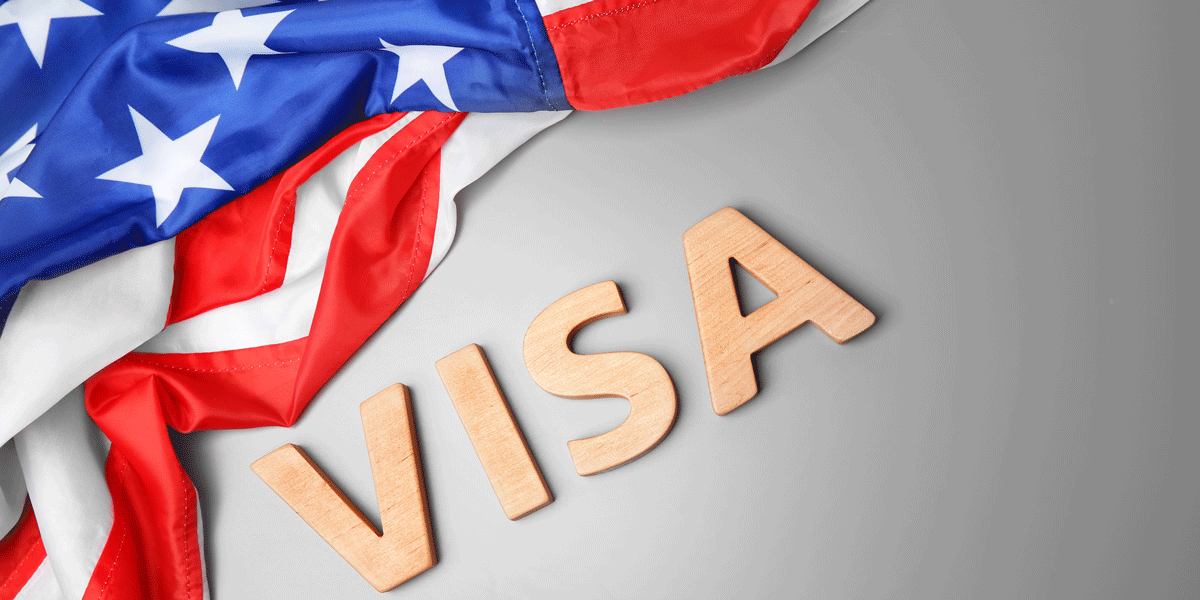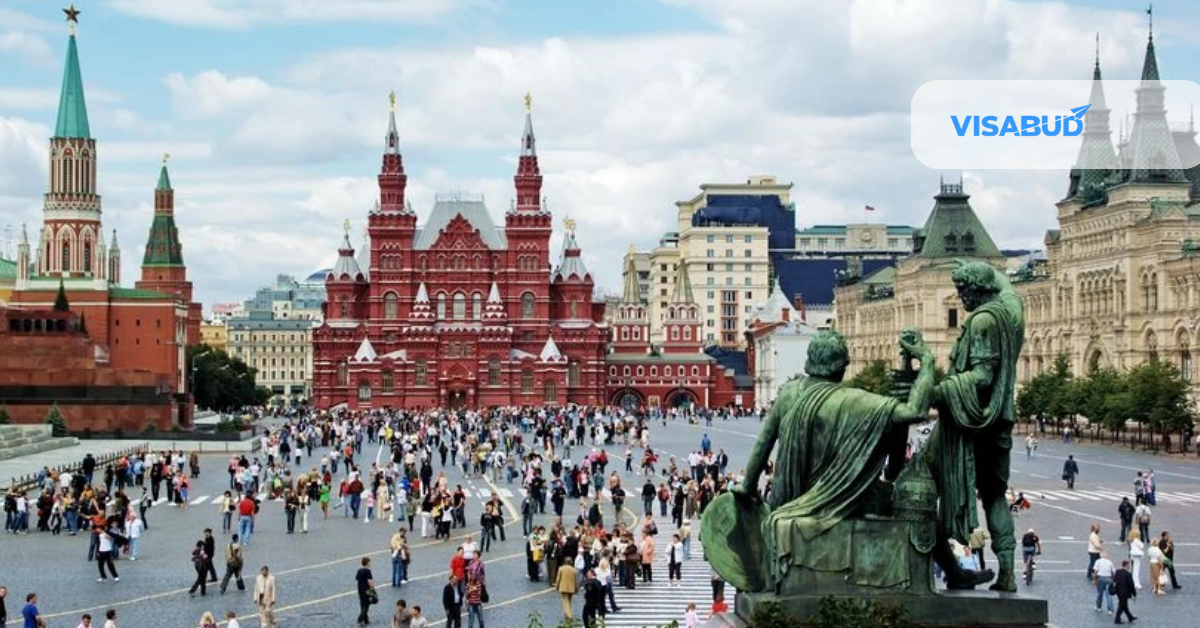The US Citizenship and Immigration Services (USCIS) has introduced new guidelines for the EB-1 visa category, easing the process for applicants to prove “extraordinary ability” in fields like science, arts, education, business, and sports. Effective immediately, these updates now accept team-based awards as valid evidence of extraordinary ability and clarify other eligibility criteria.
While this is a positive step for Indians exploring alternatives to the EB-2 and EB-3 visa routes, experts caution that these updates may not significantly benefit EB-2 and EB-3 applicants unless they can demonstrate the extraordinary abilities required for an EB-1 visa.
What is the EB-1 Visa?
The EB-1 visa is an employment-based green card category for foreign nationals who can demonstrate extraordinary ability. This visa allows not only the applicant but also their spouse and children to apply for permanent residency (green card). Due to lengthy wait times for EB-2 and EB-3 visas, many Indian professionals in STEM fields are now considering the EB-1A subcategory.
According to the National Foundation for American Policy, over 140,000 Indian applicants are in line for EB-1 green cards as of November 2023, with more than a million awaiting EB-2 and EB-3 green cards combined.
Key Benefits for Indian Professionals:
- Recognition of Team Achievements: The updated rules allow applicants to include contributions to team-based awards, such as joint research or technological innovations, as evidence of extraordinary ability.
- Impacted Sectors:
- Technology: Engineers involved in award-winning software or AI projects can now use team-based recognitions to strengthen their EB-1 application.
- Sports: Indian athletes competing in internationally recognized teams, like cricket, can leverage team successes.
- Academia: Researchers contributing to major scientific breakthroughs, especially in international collaborations, now have a clearer path to qualify for EB-1A.
Team-Based Success
The update provides more flexibility to professionals working in collaborative fields such as technology, research, and sports. Examples include:
- Tech Collaborations: Indian professionals contributing to multinational projects in AI, machine learning, or biotechnology.
- Sports Teams: Athletes representing India on the global stage in competitive sports.
- Scientific Collaborations: Researchers working on internationally recognized projects, such as climate studies or medical advancements.
Vivek Tandon, founder and CEO of EB 5 BRICS, highlights that Indian professionals can now self-sponsor their EB-1A green card, removing the requirement for employer support. This opens the door to a wider range of professionals beyond academia, particularly in tech and business.
Evidence Requirements
USCIS has also updated the required documentation for proving extraordinary ability in non-artistic fields like science, engineering, and business. Tandon advises applicants to carefully document their achievements to improve their chances under the EB-1A category.
Limited Impact on EB-2 and EB-3 Applicants
Despite the positive updates, EB-2 and EB-3 applicants may not see significant benefits unless they can show extraordinary ability. While some professionals may transition to the EB-1 category under the new team-based rules, this shift is still unlikely to resolve the broader visa backlog.
Key Focus Areas for Applicants
For those considering the EB-1A visa, experts recommend focusing on building a strong, well-documented case:
- Team Contributions: Clearly highlight individual roles in team-based achievements.
- Objective Impact: Provide evidence like patents, research publications, or leadership positions.
- Document Achievements: Gather letters of recommendation, media coverage, and other supporting materials.
Filing Fees
The cost for the Form I-140 Immigrant Petition is $700 (approx. ₹58,779). While employers often cover this fee, those self-petitioning under the EB-1A category may need to pay it themselves.
Stay Updated on the Latest Visa News with VisaBud



